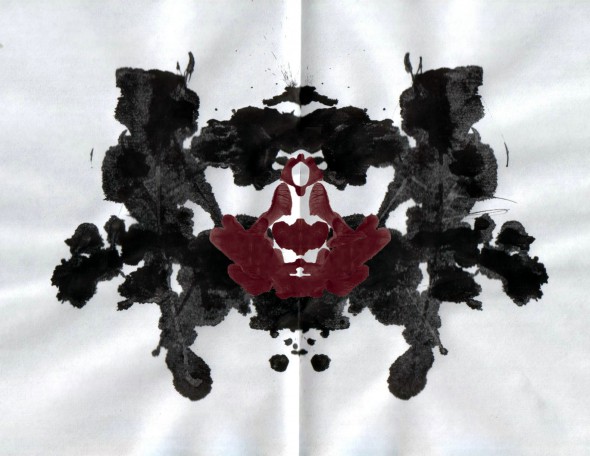Meditation & Psychology

In talking about meditation through the lens of psychotherapy, the question comes up – why focus attention on feeling when feelings or emotions seem to reinforce or further entrench our sense of self? Isn’t the whole idea to renounce that or go beyond that in some way? I think it is a great question that can stir up a lot of ambivalence in Buddhist or meditation circles. What part of you can be included in meditation practice? How could the deeply personal hurts of our individual lives offer something that would be helpful in our journey toward enlightenment? Doesn’t looking into the past only further our identification with it?
When the question came up, I kept coming back to the first Noble Truth, the truth of suffering. Is that personal? Is that suffering felt? Are we talking about suffering in general, or suffering as a concept? How will the path proceed from an understanding that does not include the who, what, when and where of our own personal life? Suppose for a moment that we come to the path to leave behind our pain and misery. Can we get rid of something without actually going near it?
Perhaps it is simpler than these questions seem to suggest.
When I took the refuge vow I was asked why I was taking it. My answer was simple. I was taking it because I had tried everything else and it was the only thing left to do. I had tried projecting onto myself, others, and the world the possibilities of being saved, cherished, understood, and healed. I had demonized others and had dug down into the well of self-hatred. I had turned toward oblivion again and again for a break only to wake up in the next moment and find myself in the same tangle.
What if sitting means a lifetime of being what you are? If we are talking about a path or something having a ‘path’ quality then maybe we are saying that there is more than one way to be with what you are. And that we may, given the proper conditions, learn to be with ourselves in a different way then we have so far. But how can we figure out what that way might look like.
Here is an example of what I am trying to illustrate. When I feel overwhelmed by what is going on around me, I often project onto myself the responsibility to keep everything together. I react to this responsibility with either anger or despair. The difficulty arises out of the fact that if I thought learning to be with my anger or despair in a different way was part of the path I might miss the fact that feeling overwhelmed in the first place leads to a very particular projection and that the anger and despair were actually a reaction to this projection instead of being feelings in their own right.
From a psychological standpoint, this is the whole ballgame. If the projection is realized the anger and despair simply fade away, whereas if the initial feeling of being overwhelmed can be seen free of judgment, instead of disappearing, a basic appreciation of what we are often arises. Which feelings are primary and natural and which are reactive needs to be discovered along a personal path that supports us understanding our own autobiographical realities. I always felt that being angry was better than feeling overwhelmed but the opposite turned out to be true. It’s easy to get turned around by the specter of familiarity.
One of the early distinctions I felt was critical to helping me in my early Buddhist studies was that the path to enlightenment was not going to liberate me from suffering wholesale but rather was going to work on that unnecessary bit of suffering that gets added to my difficulties through mistaken beliefs and improper understandings of how things are. Learning to bring my projections home has been the path for me. Meditation has provided me with such a great method for looking at my mind in the act of projection and also when that activity ceases.
From the level of psychology, we go back to the feeling that couldn’t be digested and we touch it, we wade into it with compassion and strength. When that happens, the energy of projection begins to die. Then there is suddenly more space in which to work with what’s going on. There might still be suffering but the sense of burden is gone. For me that has meant everything.
Dr. Joel Kaye is a Licensed Clinical Psychologist in private practice on Long Island. His clinical approach combines traditional psychotherapeutic methods with Buddhist philosophy and practice.
